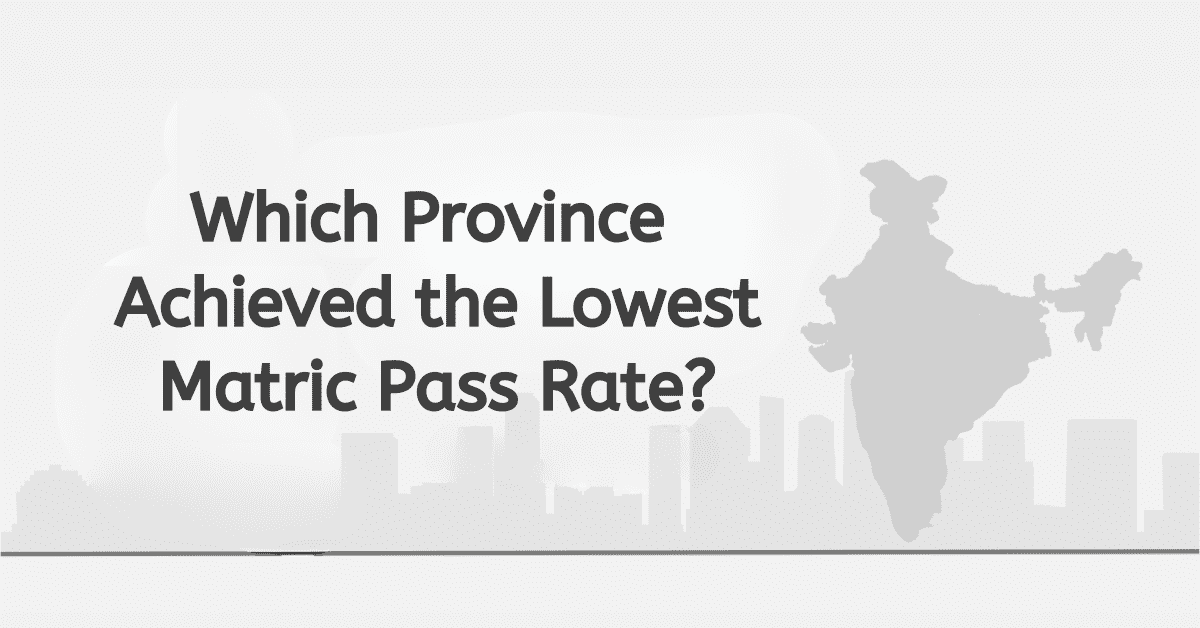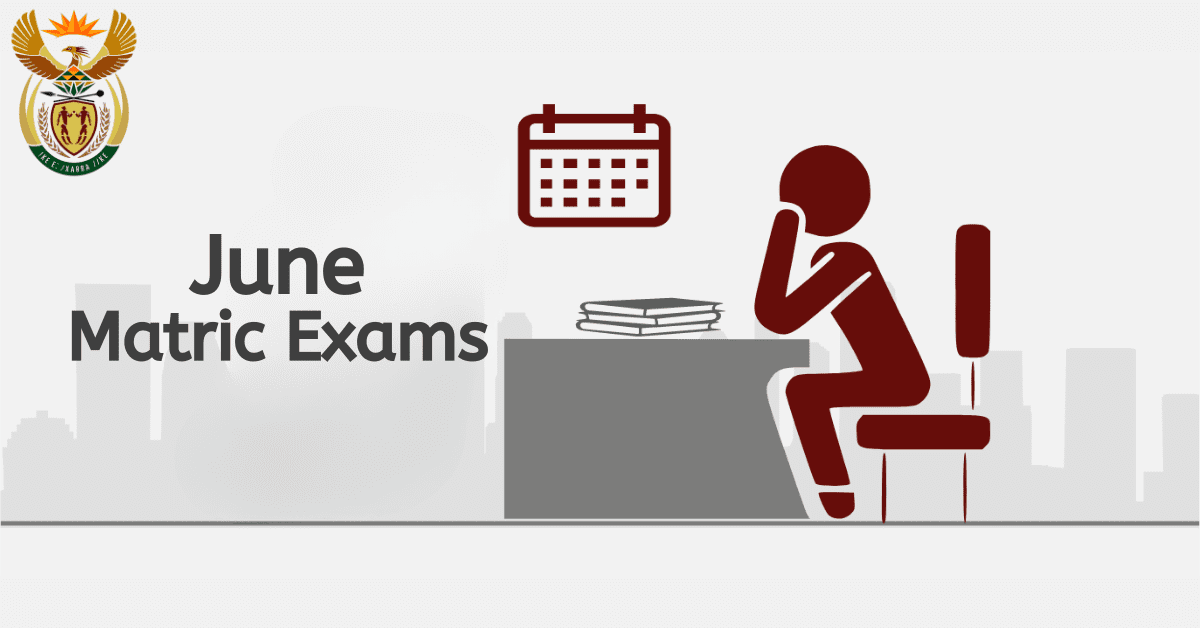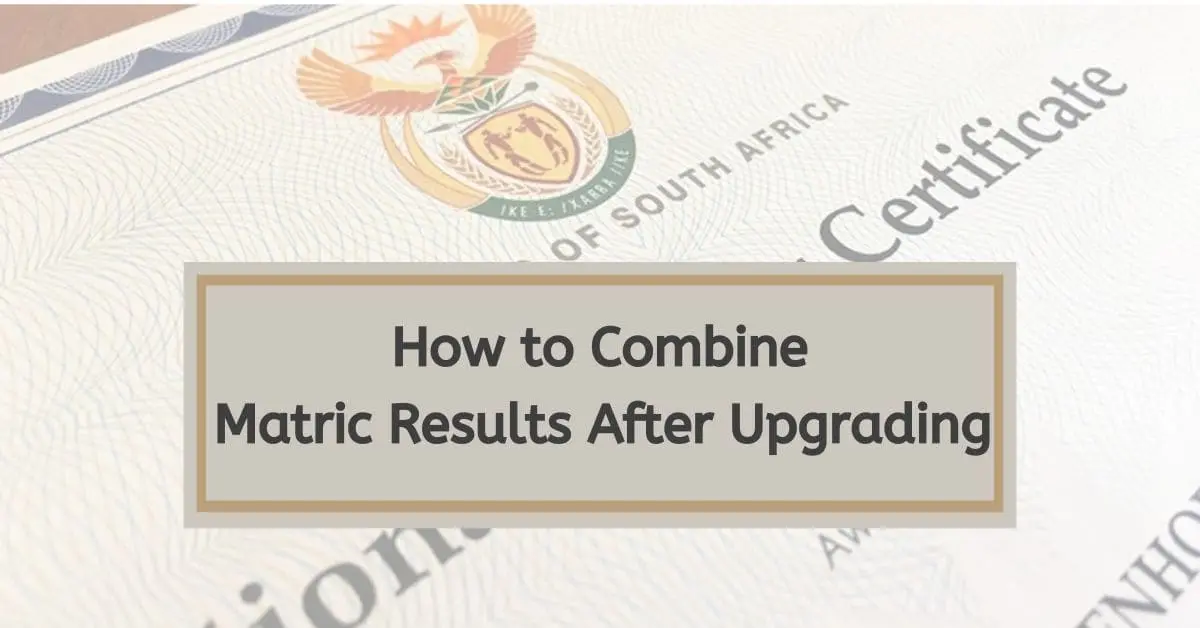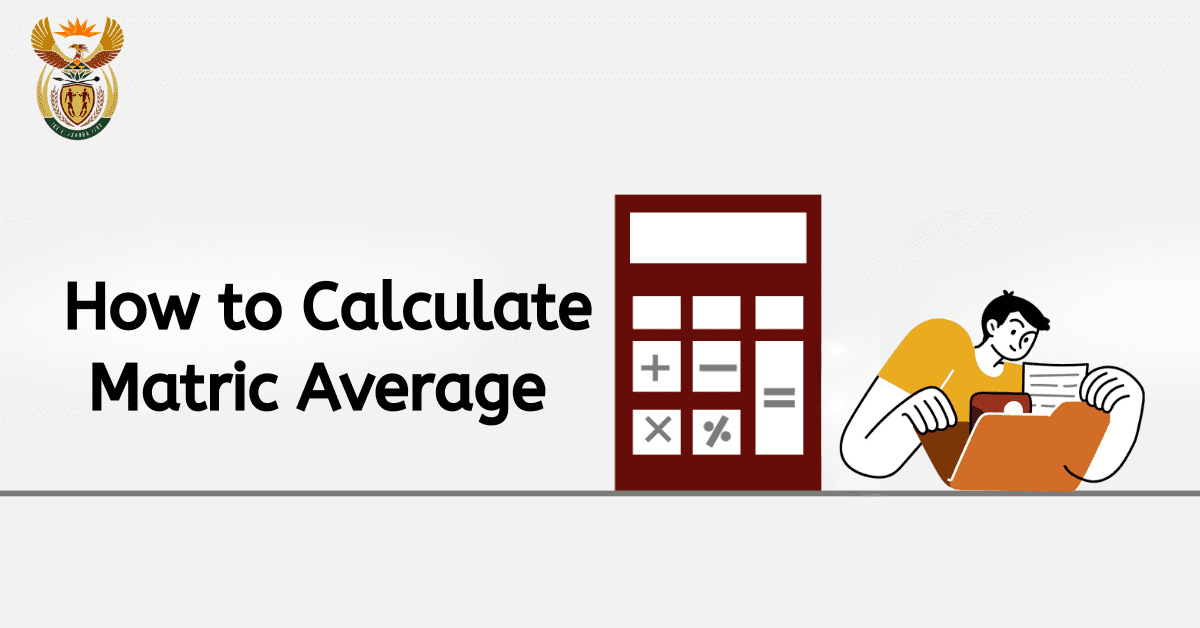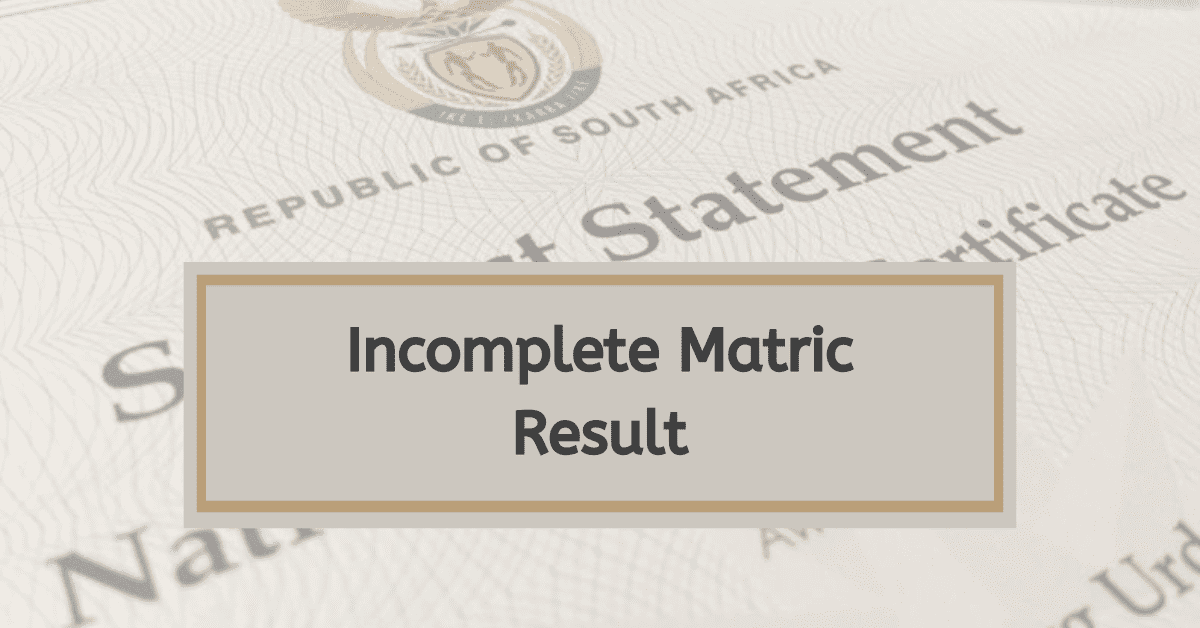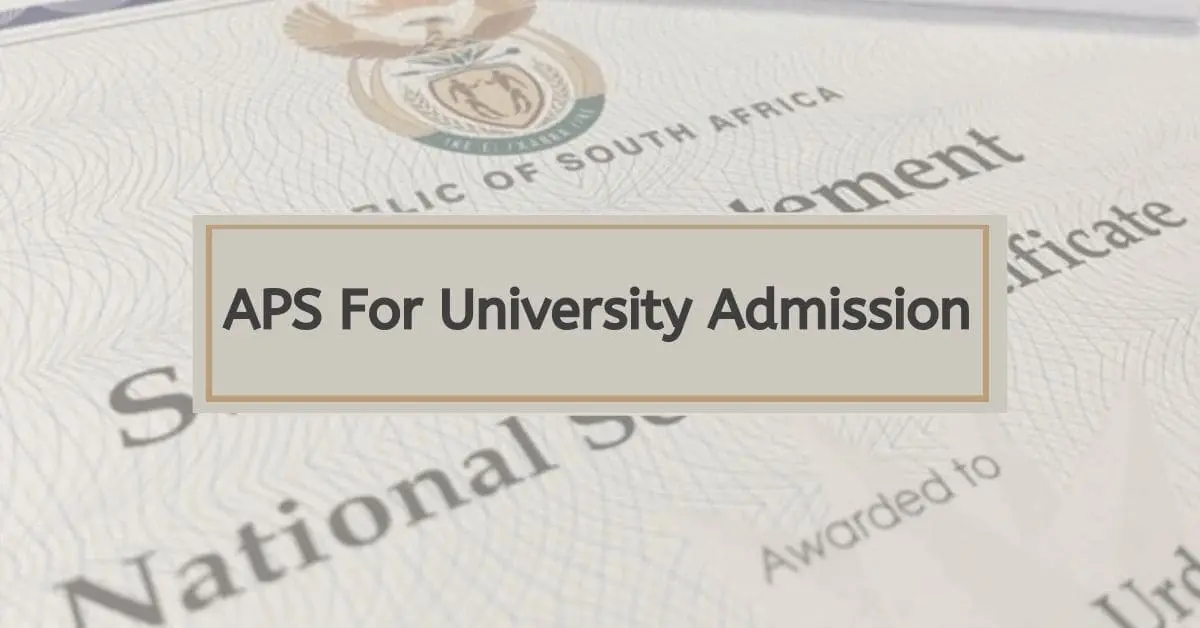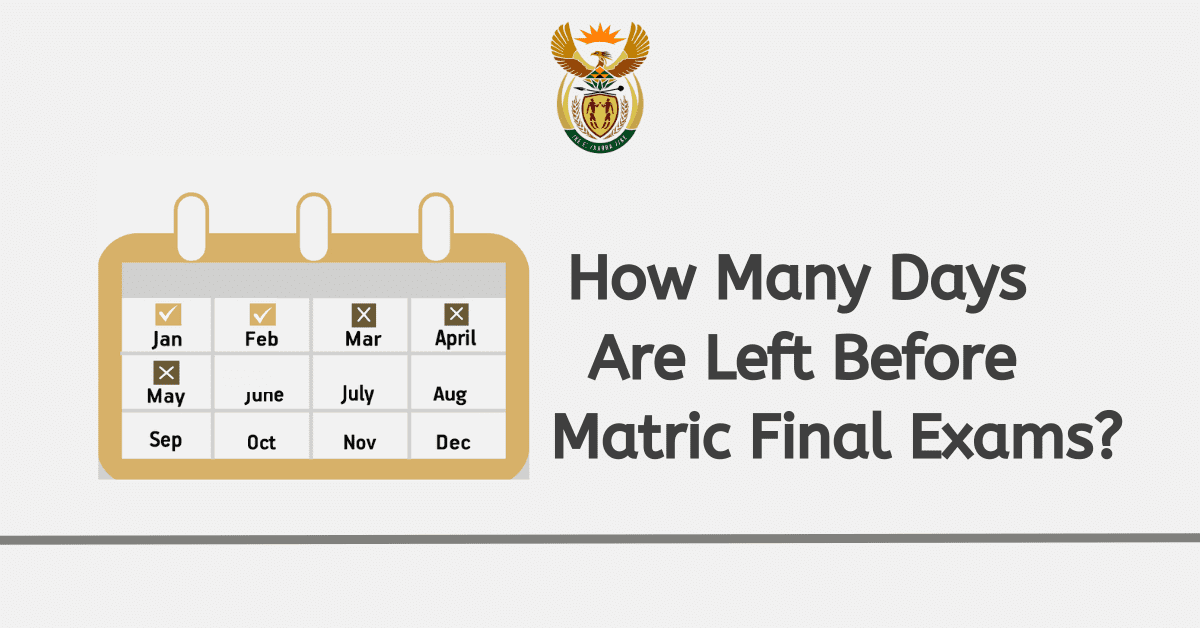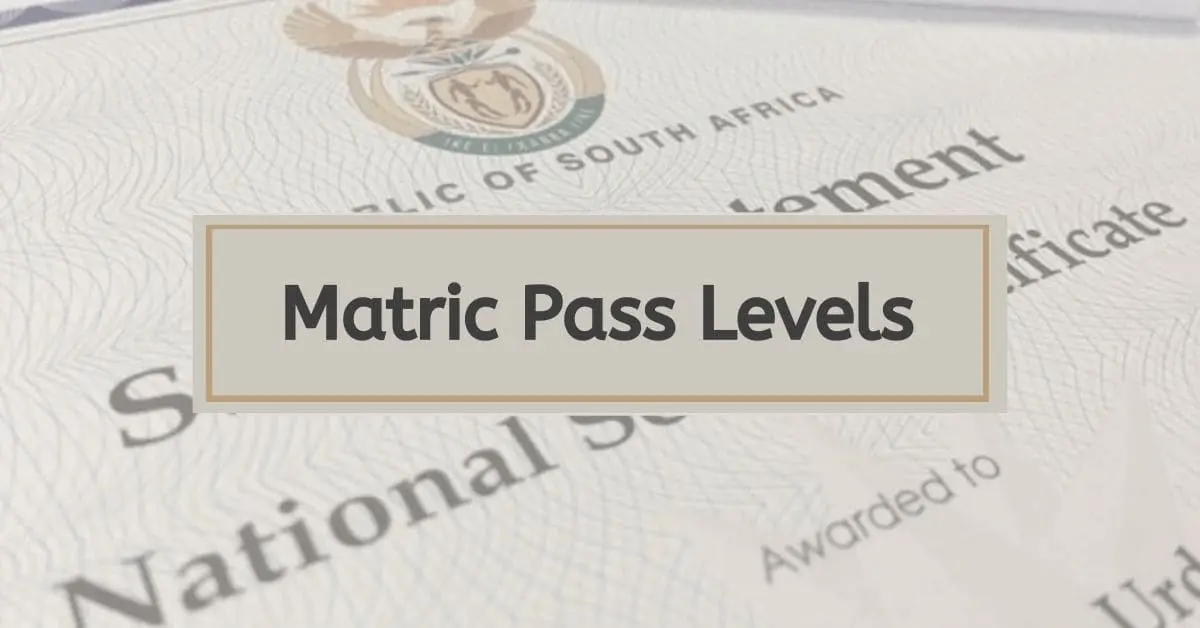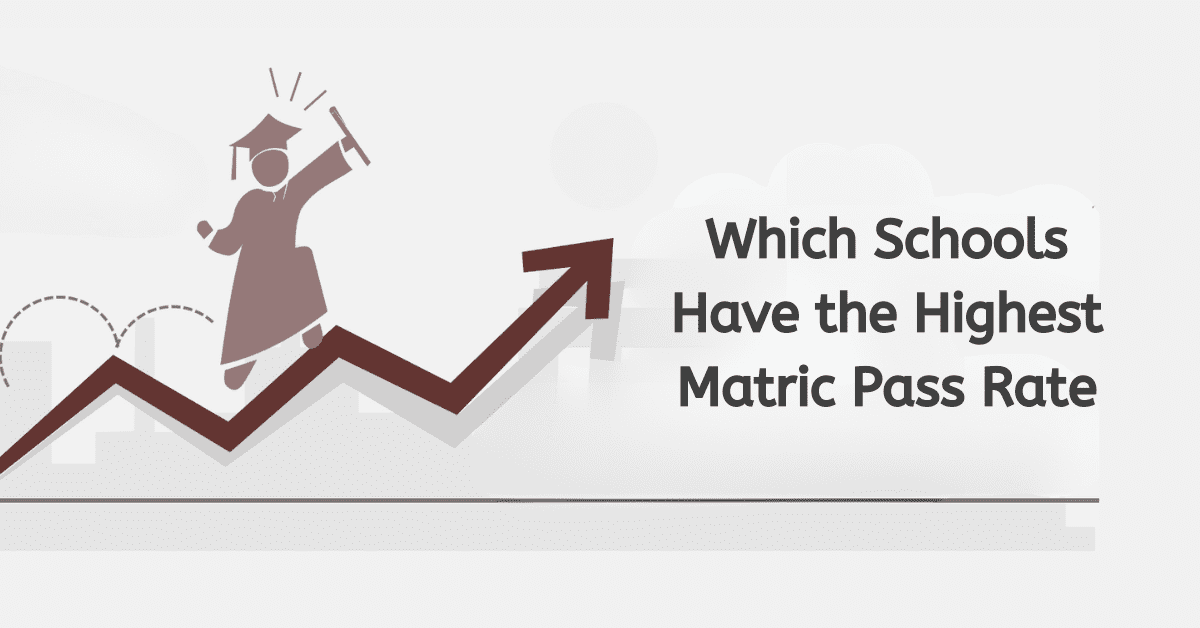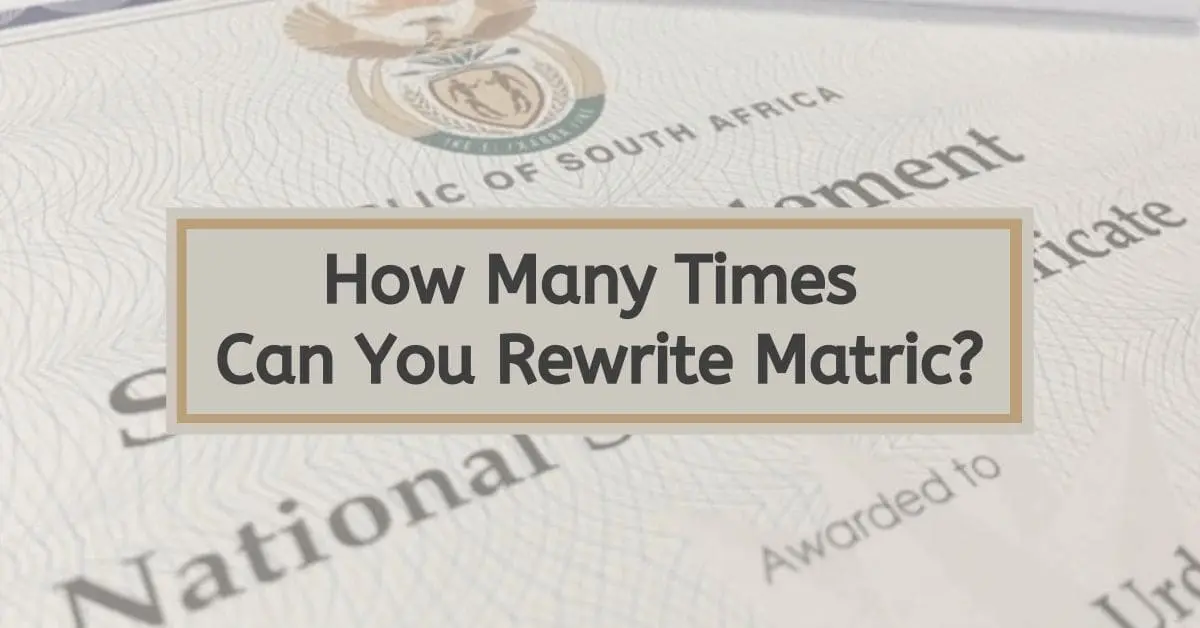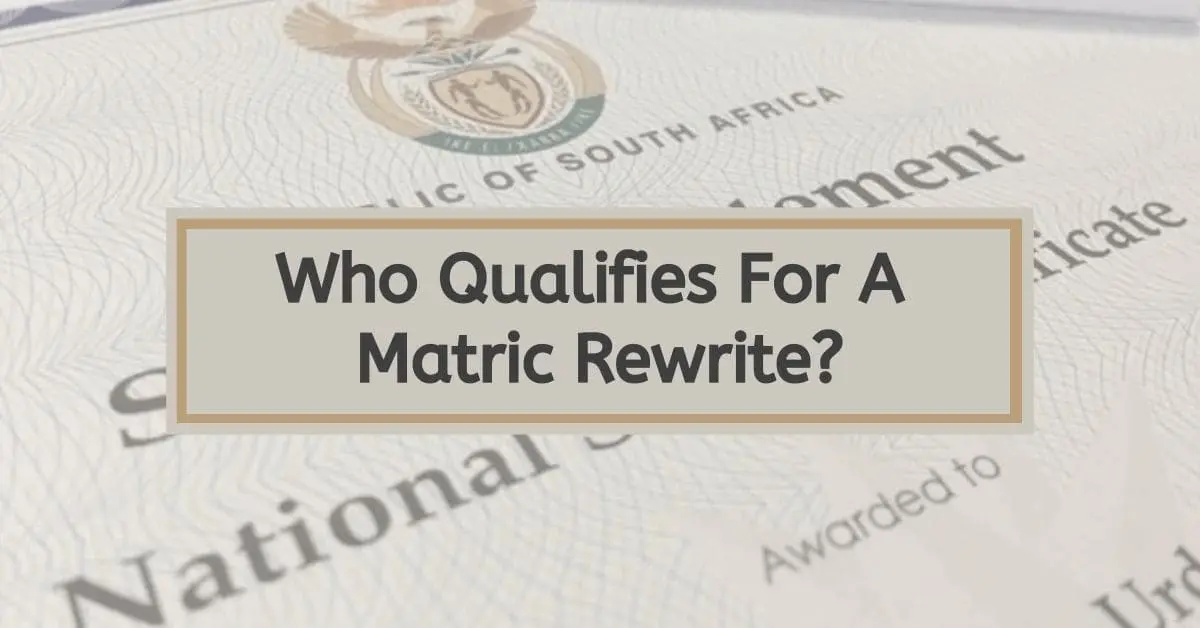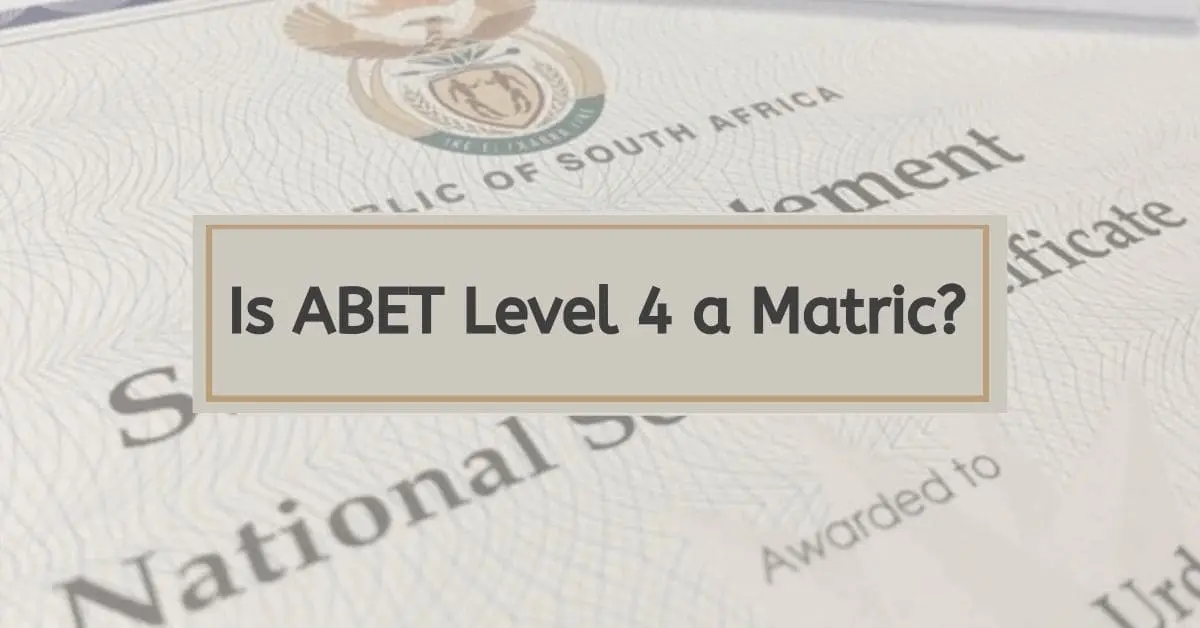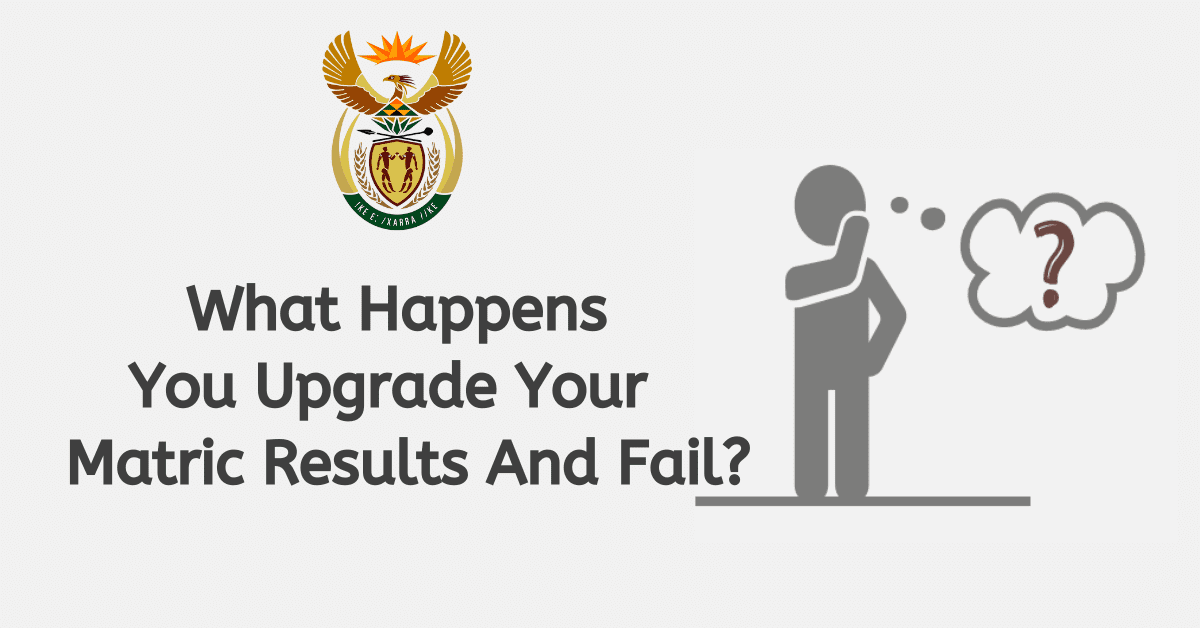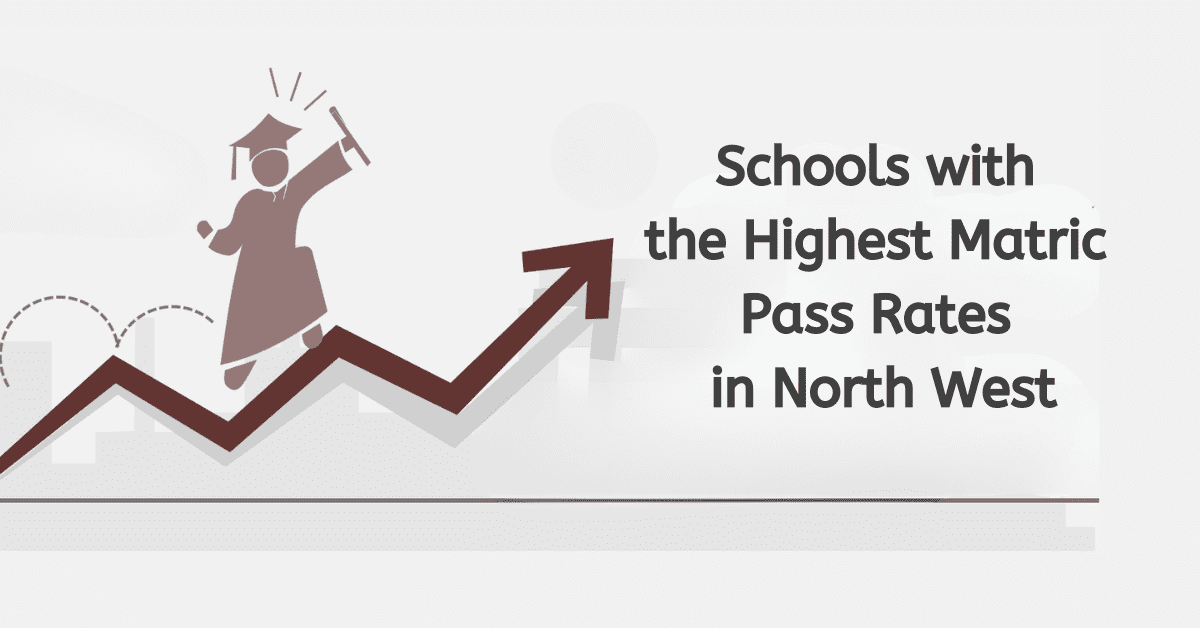At this time of year, it seems like matric and the hopes and dreams around it are all you hear in South Africa. For anyone with school-age children, especially those closing in on their last years of high school, matric is an important milestone in their lives. It is the culmination of their long time in the school system and a key part of shaping their academic and working future. But what does matric really mean? Today we break down the term and some other common questions around it.
The Meaning of “Matric” in South Africa
As in many parts of the world, matriculation in South Africa refers to the process of finishing your formal school years and becoming a young adult ready to pursue tertiary education or begin their working career. But the word is used in many ways.
- Matric refers to your final year of school, Grade 12 in South Africa. While you can leave school in South Africa as early as Grade 9, the ideal is to complete a full 12 years of school, both primary and high school.
- Matric is also used to refer to the final examinations you write, although the most proper term for this is your matric examinations. Until now, you have only been writing within your school and year. The matric exams, however, are standardized nationwide, and you will write at the same time as all other Grade 12 learners in a mass examination session.
- Matric is also used to refer to the National Senior Certificate you receive if you successfully pass all of your final matric exams. Properly speaking, this is your matric certificate.
While the word is used colloquially for all of these situations, you can typically work out exactly which is being referred to from context. At its most technical, you matriculate any time you pass a major exam. You matriculate from your undergraduate degree, say. However, the word is rarely used this way in SA. The terms ‘matric’ and leaving school are seen as synonyms.
What Does The Matriculation Year Mean?
Your matriculation year is the year in which you enter and finish matric. So if you enter Grade 12 in 2026, and will write your final matric exams at the end of 2026, your matriculation year will be 2026. You will sometimes also be called the ‘class of 2026’. Do remember that this term refers to the year you officially ended school and wrote the exams, even though you will only receive your final m arks in 2026.
If you are an adult learner or need to write supplementary exams or rewrites to achieve a good matric certificate, this term can be a little confusing. However, mostly it will be used to indicate the year in which you left school, which is typically the year you turn 18 as well. If you choose, you can use it to refer to the actual year in which you receive your senior certificate, but usually, that will not be necessary.
What Is The Difference Between Matric And Grade 12?
Practically speaking, there is no real difference between matric and Grade 12 in South Africa. You will often hear the terms used interchangeably. However, using the technical meanings of the words, matric refers to the exam session and subsequent final certificate you receive. You do not have a matric unless you pass these. It is possible to enter Grade 12 and fail your matric exams, for example. It is also possible to leave school (be it in Grade 9, subsequent grades, or after Grade 12) without a matric at all. However, for most students, Grade 12 is their ‘matric year’, and they will (hopefully) receive their matric senior certificate after it ends.
How Many Subjects Are There In Matric?
When you take your matric at school as a Grade 12 learner, you will have to choose 7 subjects for matric, some of which are compulsory. You can fail up to one of these and still achieve a matric pass, although you may not achieve the higher types of matric pass if you do so (such as diploma or university passes). Some learners choose to take an 8th subject for matric, especially if they are academically gifted and are aiming for competitive higher learning programs. However, this is not compulsory. As it adds a significant extra workload to your final year, consider whether an 8th subject benefits you carefully.
If you take your matric as an adult learner (over 21), you will only need to choose 6 subjects. Despite this, the Senior Certificate (Amended) which you receive is identical to the school leaver’s National Senior Certificate. This is because school-age learners are required to take a subject called Life Orientation, to teach basic life skills. This subject is absent from the adult-focused curriculum. Don’t worry much about this absence- most tertiary education facilities don’t count it towards their academic benchmarks anyway.
What Type of Certificate is Matric?
In the South African NQF system of grading certifications, a successfully passed matric is an NQF 4 qualification, regardless of if it is the school-leaver’s National Senior Certificate or the adult learner’s Senior Certificate (Amended).
We hope you now understand more about the many meanings of matric in South Africa, and how each impacts your progress towards academic or vocational goals.
